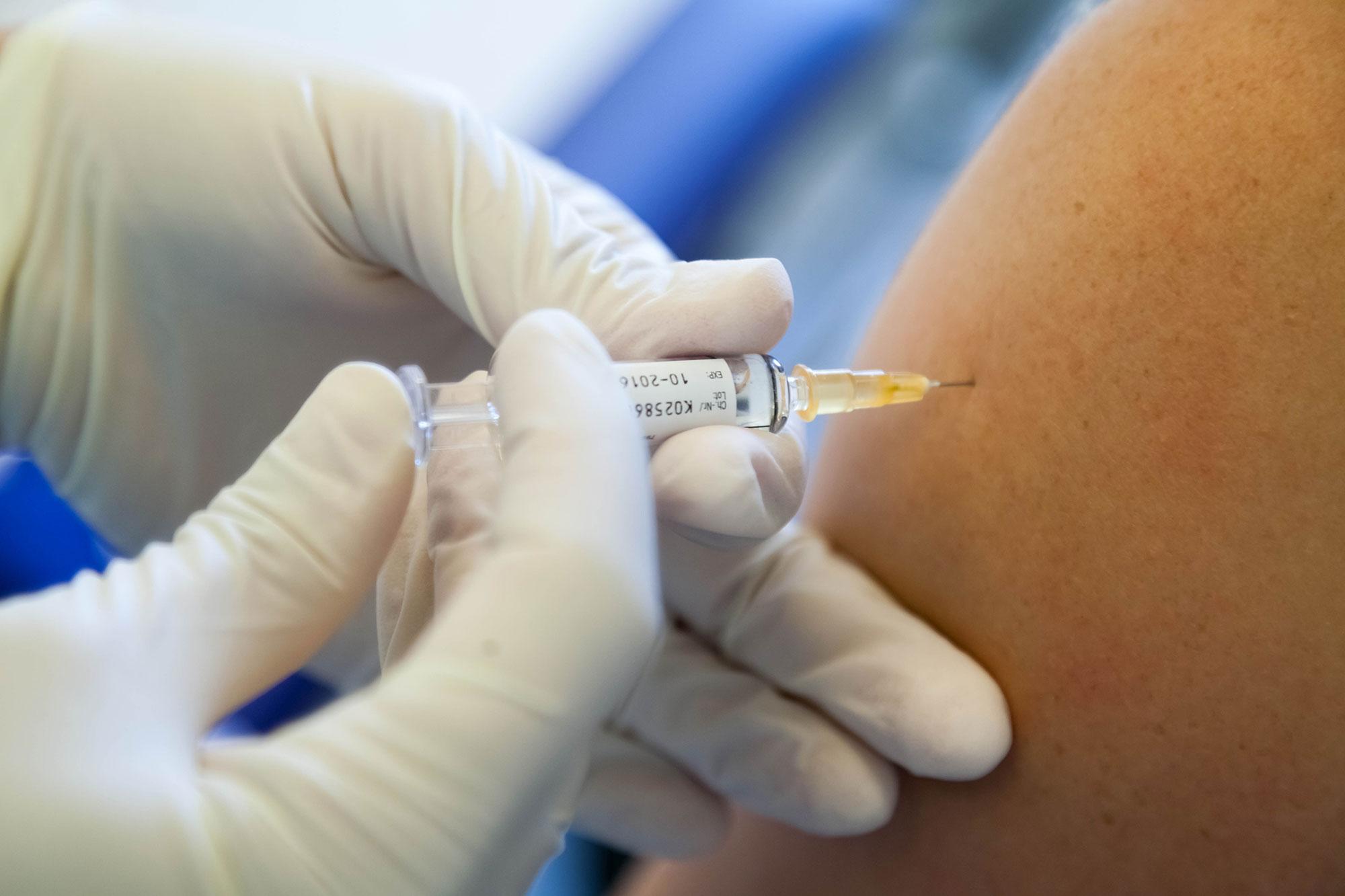28 Vaccine-hesitant parents and physicians in Switzerland
Vaccine hesitancy is not the same as being anti-vaccination. Developing novel, inclusive messages and making shared, patient-centred decisions that take patients’ concerns seriously are essential to dealing successfully with vaccine-hesitant people.
Project description (completed research project)
Several surveys were conducted as part of the study:
- Interviews with parents, adolescents and young adults, physicians, other healthcare professionals, policy makers and stakeholders from professional associations representing people working in healthcare.
- Observations of physicians conducting vaccine counselling with parents
- Online survey of healthcare professionals (doctors, pharmacists, nurses, midwives).
The study focused on providing a detailed characterisation of attitudes towards vaccination (including views on vaccine mandates), motivations, approaches to obtaining information and how people make decisions on vaccination.
Background
A growing number of people have doubts about the safety, efficacy and benefits of vaccines. While patients interested in complementary medicine are strongly represented in this group, it also includes physicians. Vaccine-hesitant patients and physicians risk being seen as “anti-vaxxers” and as “bad” patients or physicians. However, while vaccine hesitancy is common (about 25-40% of parents in Western countries), vaccine refusal is rather rare (about 1-3% of parents).
Aim
The goal of the study was to better understand why young people, parents and doctors are sceptical of vaccination. Particular attention was paid to the perspective of parents who consult providers of complementary and alternative medicine. Another goal was to develop novel communication approaches to improve the quality of vaccine counselling and vaccine communication.
Results
The study shows clearly that vaccine hesitancy is not the same as vaccine refusal. Low vaccination rates are more likely to be the result of limited access to vaccines and ineffective communication that focuses on the benefits of vaccination while playing down its risks or disadvantages. Recommendations should therefore be developed in collaboration with vaccine-hesitant physicians. To ensure vaccine-hesitant patients are reached, it is important to work together with complementary medicine practitioners, since these are the health care providers that vaccine-hesitant patients prefer to consult. Physicians should also invest more time in advising vaccine-hesitant patients appropriately and in taking their concerns seriously. This should be done by adopting an approach based on shared decision-making. A large majority of physicians expressed an interest in receiving additional training on vaccination-related topics.
Relevance / Application
Significance of the results for research
The study shows that research should not be restricted to increasing vaccination rates, but should focus instead on shared decision making, access to vaccines and transparent information on vaccination.
Significance of the results for practice
Access to vaccines needs to be improved. Traditional communication that describes vaccines as “safe and effective” does not work for vaccine-hesitant patients and healthcare professionals. Communication should instead include the benefits and disadvantages. Furthermore, healthcare professionals expressed their need for additional vaccine training on vaccines.
Original title
Determinants of vaccine hesitancy and under-immunization with childhood and Human Papilloma Virus vaccines in Switzerland

